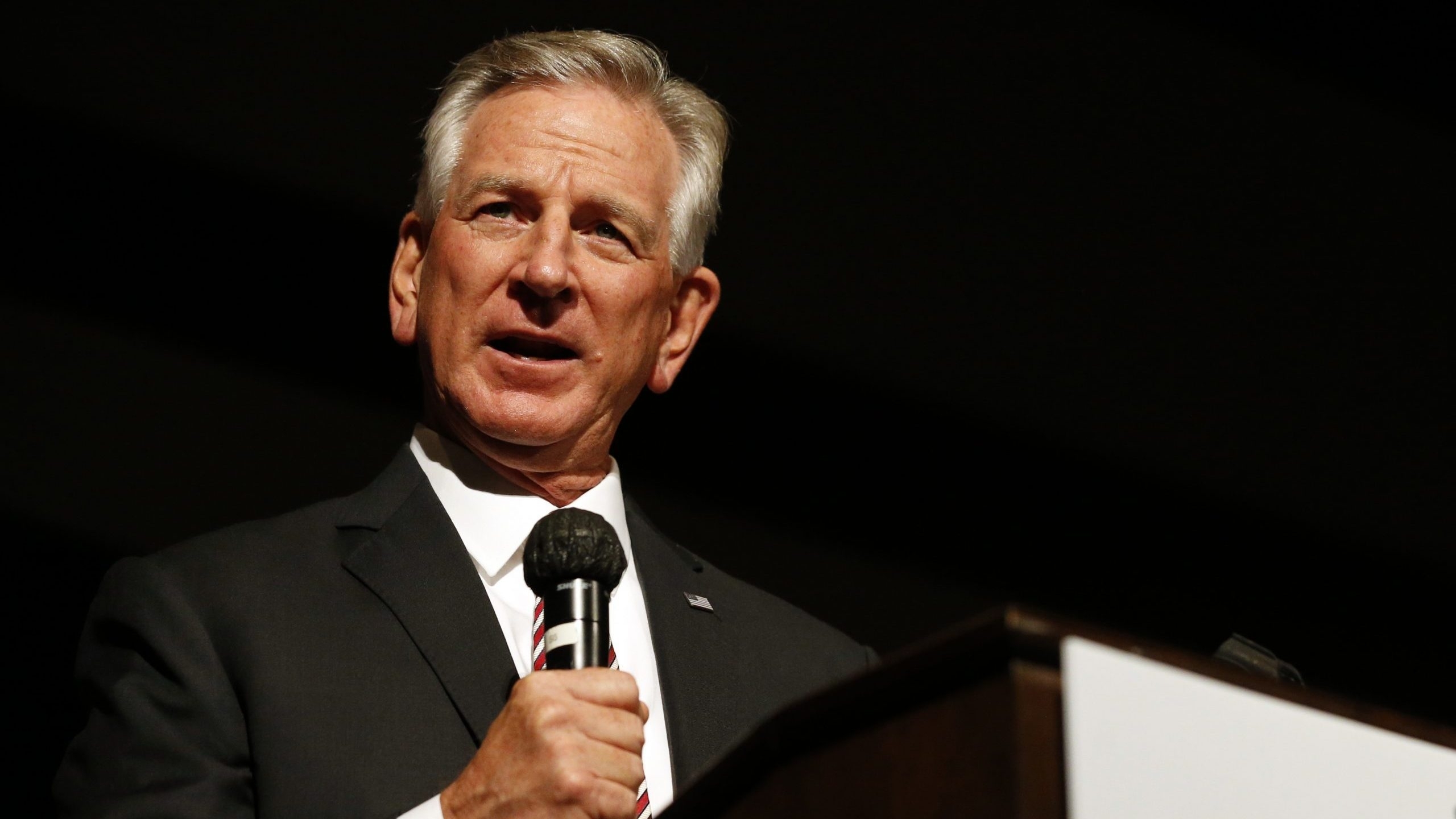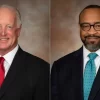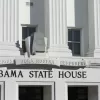|
Getting your Trinity Audio player ready...
|
In his new biography of Abraham Lincoln, John Avalon recounts two stories centered around a single trip Lincoln took to Richmond with his son on Tad’s 12th birthday. On April 4, 1865, just a few days before the Civil War formally ended, Lincoln strolled into the Confederate Capital with but one bodyguard. Avalon writes the following: “A low murmur rose at the sight of the 6’4” man in black…it was the sound of rumor turning into revelation. A crowd of liberated slaves gathered around Lincoln. They grabbed at his clothes and fell at his feet. ‘Don’t kneel to me,’ Lincoln gently rebuked them. You must kneel to God only and thank Him for the liberty you will afterward enjoy.”
Later, Lincoln and Tad worked their way up a road leading to the capitol building. Avalon noted that “As Lincoln stopped to wipe off his brow, an older Black man approached the president and took off his hat, placing it over his heart, saying, ‘May the Good Lord Bless You, President Lincoln.’ The president responded by removing his own hat and bowed in return.”
In just those two encounters, we can see what it is like for a leader to demonstrate grace, humility, empathy, thoughtfulness, and hope. Of equal importance, his words and actions beautifully illustrated respect for the dignity of every American, for all of mankind. This took place nearly 160 years ago.
On the weekend of October 8, 2022, a Republican senator from Alabama, where Black citizens comprise more than 25 percent of his state’s population, spoke to a group of potential voters in Nevada and uttered the most vile and racist remarks imaginable. His words cannot be subject to misinterpretation. He expressed, clearly and angrily, his opinion that Black Americans are committing crimes and expect “reparation” in return. This speech was so horrific it requires a full throated condemnation from more than Democrats and Independents. We Republicans must join them in denouncing such ignorant and hateful language. Silence is assent; we must speak.
The words themselves were bad enough, yet what they represent is equally troubling, for they falsely suggest that his constituents believe the worst about a group of individuals. This reflects horribly on our state. His words also failed to salute the millions of inspiring stories that have materialized once Black Americans have received opportunities for success.
We must transcend such a disturbing and divisive outburst by instead seeking unity. We ought to be able to agree with our fellow citizens of every political stripe on at least a few key principles. One such truth is the need to more forcefully address a key objective that can help bring about stirring stories of achievement: the eradication of poverty and hunger.
We Already Have It Within Us
Alabamians well remember when we have pulled together to assist victims of hurricanes in other states as well as numerous tornadoes right here. The way we responded to these catastrophes showed how compassionate we can be, a fact further evidenced by national surveys of statewide charitable contributions. What brings forth such grace?
Perhaps we are inspired by Mother Teresa’s lovely words: “I see God in every human being.”
Let us also contemplate this: We believe in free market capitalism, yet we are at our best when we focus our energies on triumphs for all of humanity rather than our own fortunes. Saving one life, healing one family decimated by disaster, providing hope to those caught in a vortex of helplessness…each of these examples strengthens our community.
A crucial distinction exists between natural disasters and poverty. Our reaction to the former is of course affected by the fact that we see, again and again, what has just transpired. But poverty silently grinds away, leading to mental and physical health challenges we can barely fathom unless we spend time with those who are struggling. In addition, victims of tornados and hurricanes are, thanks to our help, able to envision brighter days to come. Poverty, by way of contrast, leads to relentless doubt.
What we cannot doubt is the wisdom from one of our state’s most respected leaders, Bryan Stevenson, author of Just Mercy: “The true measure of our character is how we treat the poor…we all have a responsibility to create a just society.” Mr. Stevenson’s Equal Justice Initiative deserves our financial support in its newly established efforts to distribute food to those who struggle to find or afford it.
Those of us in the private sector should seek to match Mr. Stevenson’s commitment by directly reaching out to families in need. Doing so will elevate us in the manner described by Shakespeare when he noted that mercy blesses those who give as well as those who receive. Our greatest collective asset is the untapped potential among our poorest citizens; supporting people living in poverty to realize their potential ought to be one of our highest callings.
Yet in order to make the sort of progress we seek for the poorest members in our state- regardless of race or religion- we also need our elected leaders in Alabama to make it a priority. If we seek less crime, we should work to create better opportunities in communities where crime occurs. If we wish for improved physical and mental health and therefore lower medical costs, we must improve access to quality food. If we desire to create a more hopeful society, one which allows us to transcend the problems of the past, we will radically reduce poverty. The party of Lincoln must speak and act in a manner that would do him, and the poorest members of our society, justice.
Bart Starr, Jr. grew up in Green Bay, WI, and has called Birmingham home for nearly 4 decades. He owns a small agricultural commodities business and supports a boys ranch founded by his parents, as well as other charities. He and his wife Elaena cherish the values and unselfishness that make Alabama such a wonderful place to live.





















































